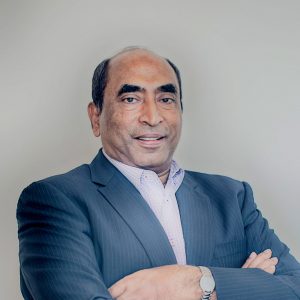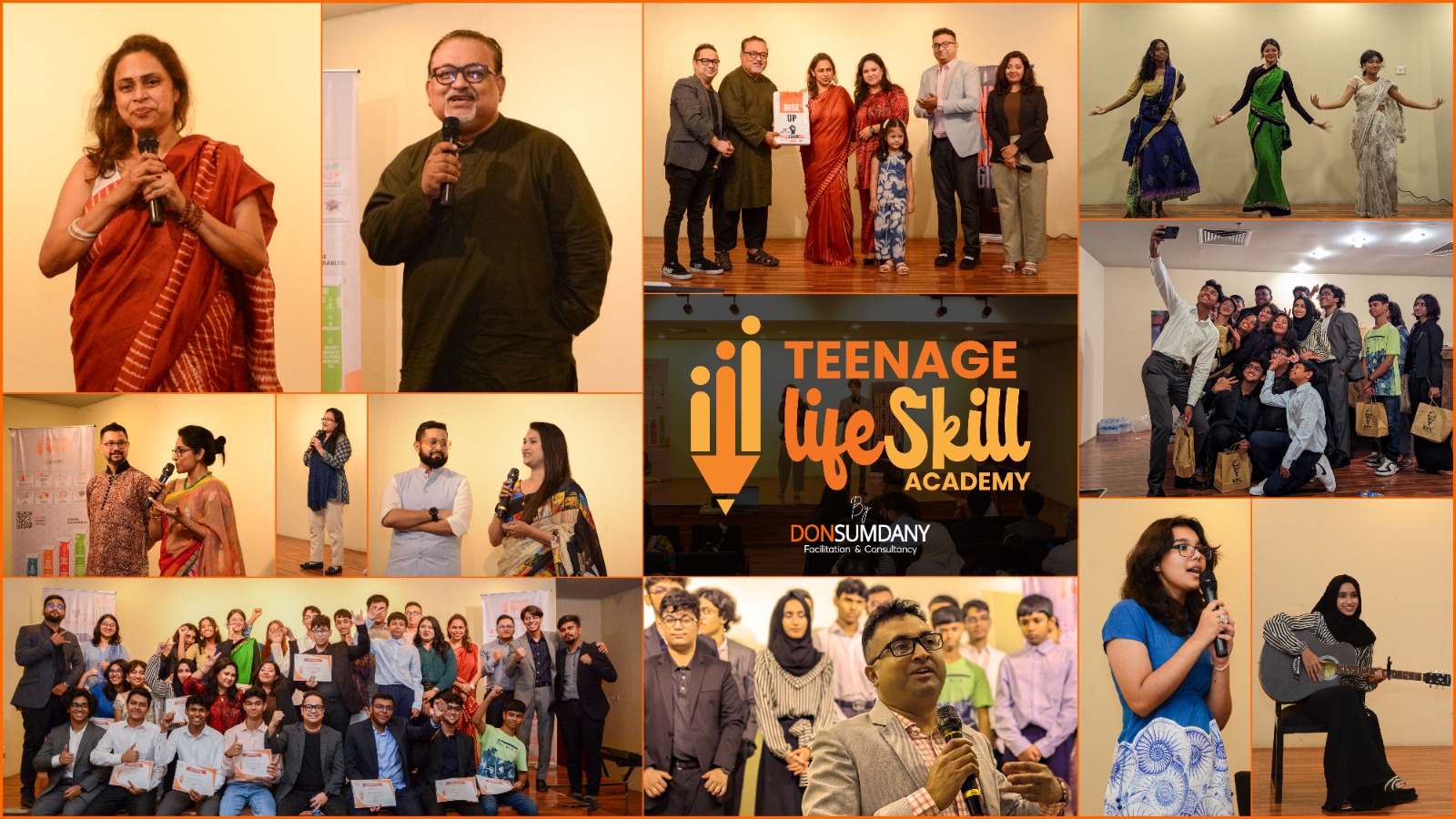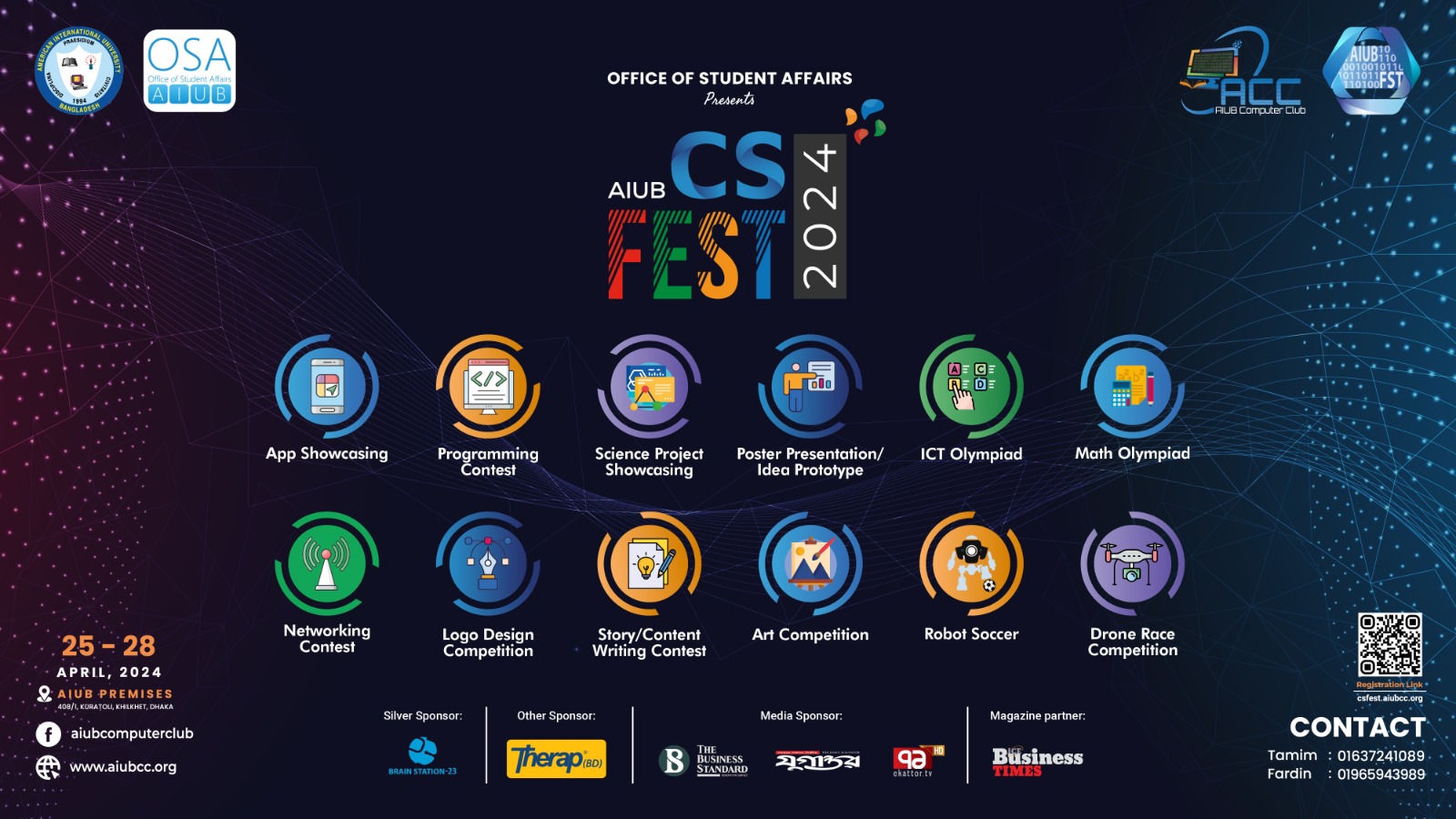Niaz Rahim is the Group Director of Rahimafrooz (Bangladesh) Ltd. He is also the Chairman of Managing Committee of the RSF Model School & College which is a free residential education center in Kaludam village of Bogra for the financially disadvantaged children of the community. Niaz Rahim is currently the President of Bangladesh Supermarket Owners Association (BSOA).
What is the status of Corporate Social Responsibility (CSR) in Bangladesh?
Traditionally the people of this region, especially those who are engaged in providing services through business enterprises and industrial ventures in Bangladesh, play very important roles in social development and people-centric human development. These activities include running education and health programs, small businesses and entrepreneurial development for the poor and disadvantaged segment of the population for poverty alleviation. It is not possible for the government to single-handedly address all the livelihood and survival issues relating to the poor and marginalized population with their limited resource. In this context, the private sector and corporate bodies have been making enormous contributions to supplement the government initiatives as a part of performing their social responsibilities. The advancement is more visible in some areas and advanced than other counterparts. CSR may be described as a comprehensive package of specific practices, defined policies and well set out programs that are incorporated into decision-making processes of public, private and social voluntary organizations. CSR activities are part of the overall organizational culture that ensures the good practices of corporate governance. Although the practice of CSR activities is increasingly being undertaken by the corporate world of Bangladesh, the real need based and service oriented activities are not always performed by them mainly due to lack of conceptual clarity and clear policy guidelines.
At Rahimafrooz Group you are working on CSR in a very structured manner. Would you please provide details regarding this?
The CSR programs of Rahimafrooz Group are guided by its moral and ethical values. It is a combination of philanthropic, community focused and socio-economic developmental activities which, we believe will bring about qualitative and sustainable change in the society. In brief, we are focused on activities like providing quality education, health facilities. We run schools and support the Center for Zakat Management (CZM) which runs a wide range of value adding programs covering health, skill development, education, entrepreneurial development and other programs. Our approach is futuristic and targeted towards sustainability. At Rahimafrooz, we believe that all our businesses need to add value and contribute to the society we live in, to make a difference.
How do you define CSR in the context of Bangladesh? How does Rahimafrooz associate itself with CSR?
As already mentioned, the CSR activities in Bangladesh are gaining ground due to increasing awareness created by donor agencies, consumers, and the private sector. However, due to the lack of proper policy guidelines from the government or other regulatory authorities and chambers and associations, every company is performing their jobs from a sense of duty towards humanity according to their own interpretation of the term. Moreover, the recipients of the CSR benefits are not properly identified and evaluated by the providers. As a result, most of the organizations are doing CSR activities in a segmented, and disjointed manner which does not lead to the positive change in the society that is expected. The Bangladesh Bank has formulated a policy guideline exclusively for the banking sectors of the country. This is a positive step but not inclusive and applicable for every corporate entity. Rahimafrooz is one of the important Trustees of the CSR Centre, which has the affiliation of United Nations Global Compact. The Ministry of Planning is formulating the CSR Guidelines for Bangladesh in cooperation with the CSR Centre and Dr. Mahbubur Rahman, an advisor to the Rahimafrooz Group, is the head of the Economic Committee of the Guidelines formulation. We hope this will be finalized soon.

“It is not possible for the government to single-handedly address all the livelihood and survival issues relating to the poor and marginalized population with their limited resource.”
What are the critical success factors in the case of Bangladesh where you are working on? What is your recommendation to improve the situation?
Bangladesh has lots of success stories in both the public and private sectors but we have the potential to achieve much more. Our people are very innovative, agile and resilient. I strongly believe that our first and foremost duty is to establish good governance in all spheres of life. The issue is widely discussed but people are not serious enough to establish the system of good governance. The government needs to develop very a better relationship with the private sector and it should only play the facilitating role so that the private sector grows with all its strength and ultimately allows for the development of the country.
As human rights are also a part of CSR, how it can be implemented in organizational setup?
The number one principle of UN Global Compact states, “Business should support and respect the protection of internationally proclaimed human rights and the second principal is to “make sure that they are not apathetic to human rights abuses”. Organizations should first understand the importance of this core value and make it a part of organization’s policy statement. We are elated that Rahimafrooz is very conscious of the human dignity and fraternity in its business operations. We feel that every organization should pay respect to the employees particularly women and an elderly section of the workforce. In addition, organizations should also strive to protect children’s rights.
What part does occupational health and safety play in your organization?
Employee safety, security and welfare are important ingredients of our core values. Rahimafrooz factories and businesses maintain all environmental safeguards not only by the government’s standards but also by our own standards which are on par with international parameters. We have an inbuilt system of supporting our staff in any adverse situation. Our offices and factories maintain healthy and hygienic systems and facilities. We provide safe drinking water, clean toilets separately for both men and women. We also provide modern treatment facilities for factory employees in case of any unfortunate incident. In fact, we take these activities not only from the CSR point of view but also from the moral and ethical point of view.















